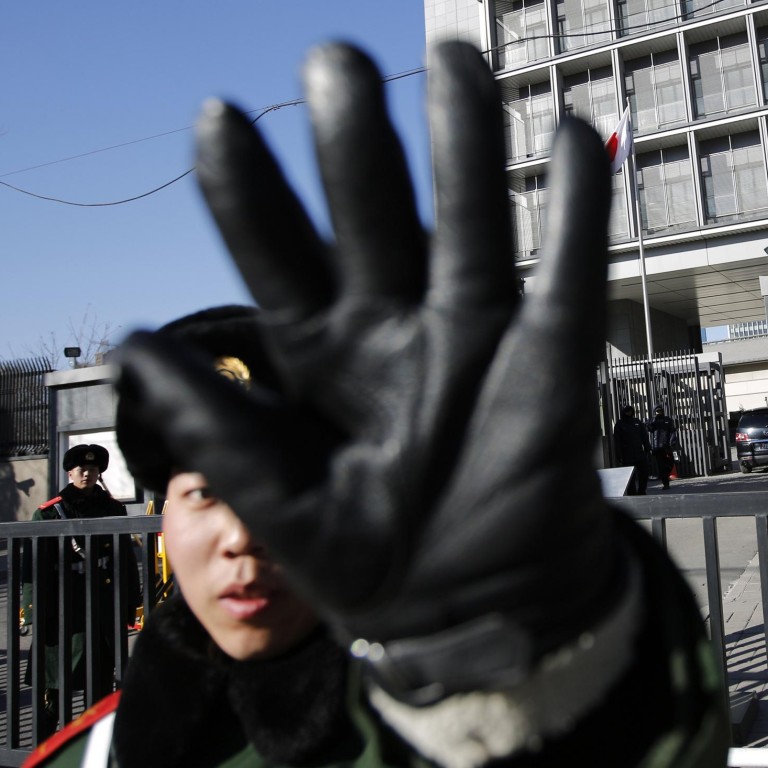
Shrine visit suggests a more confrontational approach from Japan
Japanese Prime Minister Shinzo Abe's trip to the Yasukuni war shrine yesterday suggests that Tokyo may be preparing to take a more confrontational approach towards Beijing.
Japanese Prime Minister Shinzo Abe's trip to the Yasukuni war shrine yesterday suggests that Tokyo may be preparing to take a more confrontational approach towards Beijing.
The trip - the first by a sitting prime minister since 2006 - was seen as a signal that China should lower any expectations for an improvement in its strained relationship with Japan for now.
"The visit to the shrine means that Abe may have given up efforts to improve Sino-Japanese ties, and more provocations from Tokyo are expected," said Da Zhigang, an expert in Japanese affairs at the Heilongjiang Academy of Social Sciences. "Beijing will probably lose hope on Abe."
Lin Xiaoguang, a specialist in international relations at the Central Party School, said the Sino-Japanese relationship would likely continue to deteriorate for the remaining three years of Abe's term.
Watch: Japan PM Abe visits Yasukuni war shrine
Abe spent his first year in office focusing on reviving the Japanese economy and burnishing ties in the region, visiting all 10 members of the Association of Southeast Asian Nations.
"Japan can now focus more on China," Lin said. "Beijing needs to be ready to deal with a more difficult Abe administration."
Still, mainland observers said they were not surprised by the move because Abe has said he regretted not visiting the memorial for 2.5 million Japanese war dead during his previous stint as prime minister in 2006-07.
Japan has increased military spending by 2.8 per cent in the coming year, in a strategic shift to the East China Sea, where Tokyo and Beijing are embroiled in a territorial dispute over a cluster of uninhabited islands.
Lin and Da said China's options in dealing with Japan were limited as more dramatic moves, such as suspending diplomatic ties, would seriously hurt both countries' economies.
Beijing is therefore likely to continue on its current course, which has included tough rhetoric, a suspension of high-level talks and the declaration of an air defence identification zone in the East China Sea.
"Beijing is calculating Abe's next move to see how it can respond," Lin said.
Beijing's response will be complicated by the United States, which is bound to Japan by a defence treaty.
In an online chat session, Luo Zhaohui , director general of the foreign ministry's Asian affairs department, said the US's "pivot" towards Asia had affected regional security. Without naming a specific country, Luo said some nations were "motivated by a desire to create chaos" by teaming up with the US.

